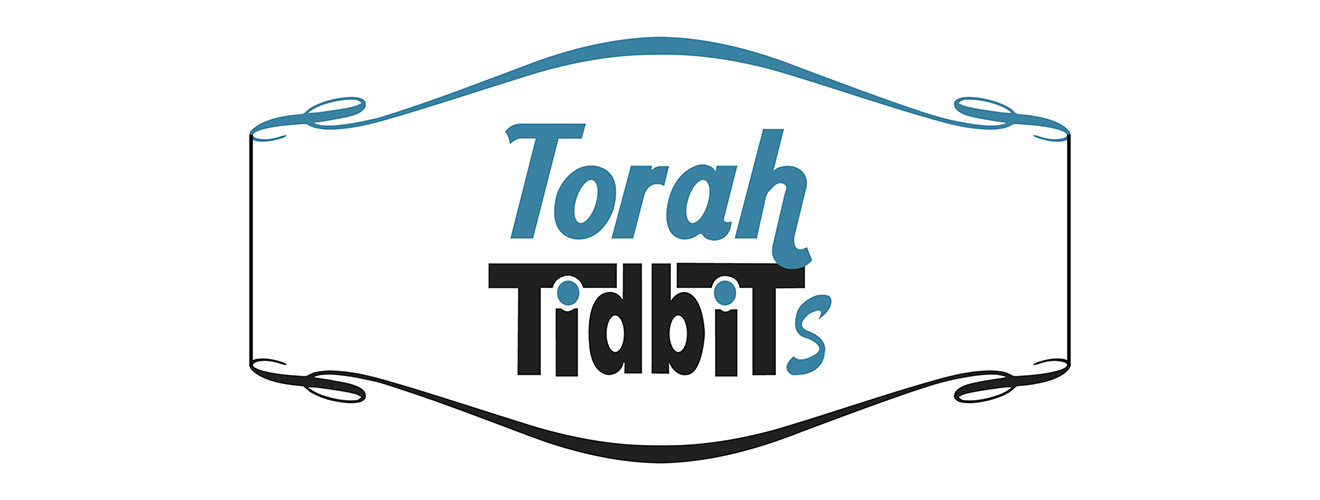Parashat Noah Genesis 6:9−11:32
Dear Friends,
This week our Torah Portion is Noah, the second parasha in the Torah reading cycle. Last week the world was created as the chaos of creation calmed and the perfect vision of the Garden of Eden was revealed. The Torah’s magnificent, poetic creation narrative gave us a sense of our origins. Yet it does not take long for human frailties to become so apparent. It only takes a single generation outside of the garden for one brother to kill another. Then we seem to so corrupt the world that God feels the need to virtually wipe out all of humankind and start over with Noah and his family. Yet, what does this story tell us about the nature of God?
Even though God finds what is going on with people at the time to be so terrible that it requires the death penalty, God is not willing to give up entirely on the great experiment that we are. Humans are going to be given a second chance. On the other hand, I am fond of saying that nothing in life is free because if nothing else, what we do will cost us our most precious resource, time.
In the case of Noah, not only will he be required to give time to the project, but also a good bit of physical labor. One might ask why? Couldn’t the Creator of the world have provided Noah and his family with an ark? Why does Noah have to do all the work?
In today’s world we would call that, “sweat equity.” He has to be truly committed to the project. What we get for free is sometimes seen as having no value. By having to build the ark, Noah is put into a position where he cannot miss the enormity of the project, or its consequences. Noah is going to be remembered throughout history as the one who saved life on earth. In so doing, he made God’s presence manifest in the world.
So not only do we learn from this Torah portion about human nature (both good and bad) and the need for guidance and reminders (think of the rainbow) along our paths through life, but about the nature of God. Judaism seems to constantly remind us that we should aspire to live up to the Divine Image in which we are made. In this case in particular, the ability to give people a second chance is paramount.
Not that this means everyone gets a free ride. Noah had to work for his survival, the survival of his family, and the survival, ultimately, of us. Without his willingness to put in the time and effort required, the second chance would not have had any real value.
On this Shabbat, can we take a moment and consider those in our lives who have earned a second chance, and provide that opportunity to them? In so doing, we can live up to the best qualities of both God and Noah. Not only will we be seen as preservers of life, but we will be seen as being among those who truly cherish life. In addition, such efforts will bring us to a Shabbat of Shalom, a Sabbath that brings us completeness and peace.
And may it be so.
Shabbat Shalom,
Rabbi Marv

